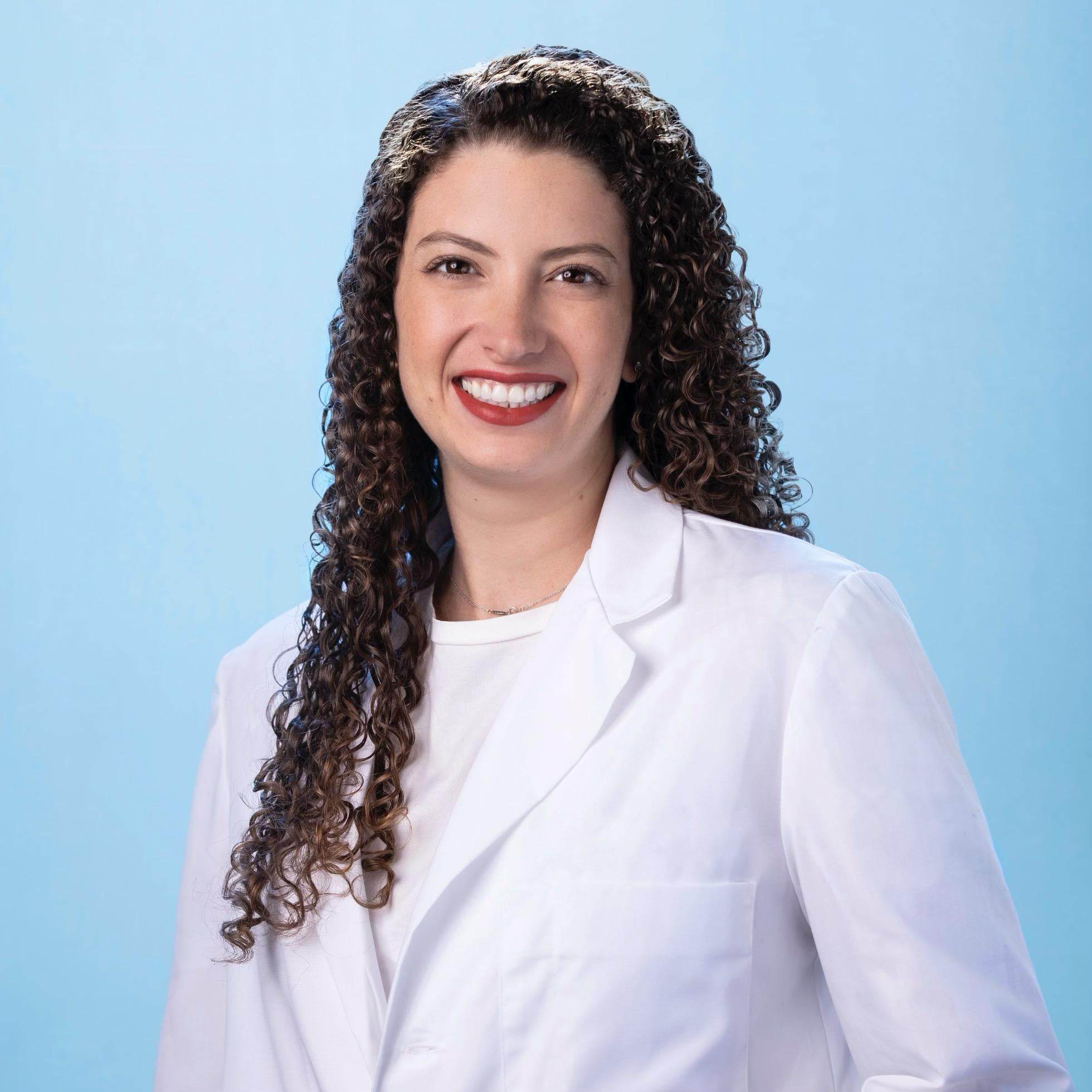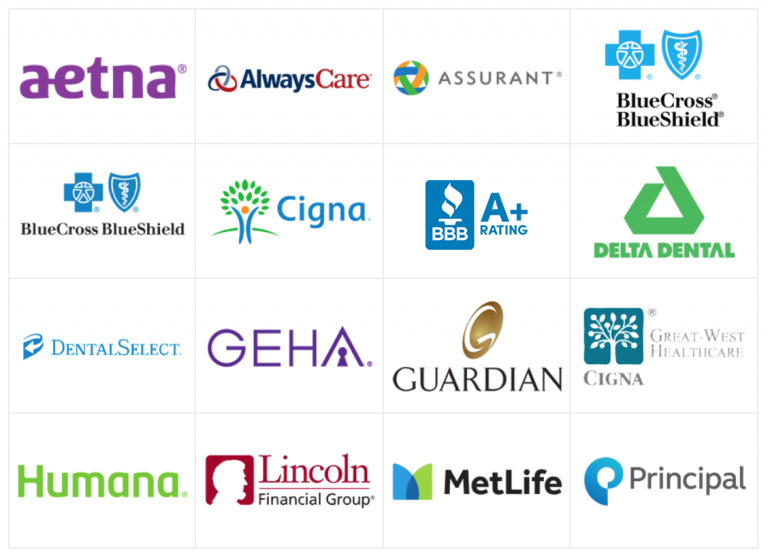Dental Exams
Dental exams are the best steps to take in helping prevent and detect early signs of oral health conditions. Routine exams done by Dr. Berkovich and her team can help aid in the reduction of potential damage by early detection and treatment of various issues like oral soft tissue disease, tooth decay, and periodontal disease.
Through the combination of detailed x-ray imaging and visual inspection, our staff completes an extensive, detailed, and thorough examination.
While there are generally accepted guidelines on when to see the dentist, they, however, do not meet everyone’s needs. Based on personal oral health conditions, some patients may need to see the dentist more frequently than others. Increased number of exams would potentially be for patients that suffer from age-related oral conditions, pregnancy, tobacco, alcohol, dry mouth, diabetes, and even HIV. Creating a custom plan for your dental needs is something our staff will help determine and set up.
At Dr. Berkovich’s, a complete dental exam will include the following:
- Soft tissue exam
- Screening for periodontal disease and examination
- Detailed charting of existing restorations, cavities, and other oral conditions
- X-rays (depending on timing and individual needs)
X-rays won’t always be required or suggested, but if a reason presents itself, x-rays can be a great diagnostic tool. Catching problems that can’t be seen by our teams’ eyes is important in providing comprehensive oral health care. Dental exams are meant to be a status check and preventative step in the general dentistry array of services.
Dental Cleanings
Brushing and flossing your teeth are strong oral hygiene habits to develop because keeping your teeth clean is essential for great oral health. Although you may have excellent habits, it still is necessary to get professional cleanings on a routine basis. At Dr. Angela Berkovich, DMD, office, our team of experienced dental hygienists provides thorough cleanings as the main component of dental exams.
Once a visual exam has been completed, your dental hygienist will physically examine your teeth prior to cleaning to note any areas of concern. Tooth and gum decay or issues, oral cancer screening, and fluoride need will all be assessed during your appointment. While your teeth are being cleaned, your hygienist will identify any soft deposits (plaque) and hard deposits (tarter, calculus, or stains) and remove from your teeth.
Teeth cleaning is a primary component to staying healthy, preventing or delaying the progress of periodontal disease and other oral health issues. Our team will discuss with you the necessary steps and frequency required to keep your smile as healthy as possible. Developing good brushing and flossing habits, staying away from damaging foods and substances, and seeing us for your routine checkups is the best routine for good oral health.
Dental Sealants
Tooth decay is extremely prevalent and even with the proper dentist-recommended oral hygiene practices, some people are prone to developing it. The chewing surfaces of the molars (back teeth) are most commonly affected due to the frequency used and shape of the teeth. Thanks to developments in dental science, tooth sealants are a great preventative measure for ensuring the longevity of healthy teeth.
If Dr. Angela Berkovich and her team recommend getting sealants to protect your teeth, the procedure is extremely simple and painless. The acrylic-like substance forms a shield over each tooth to protect the surface from bacteria that causes decay. You will be unable to tell that your teeth have sealants, but the health of your teeth will be noticeable for the future.
Sealants can be recommended at any age, all depending on the patient’s susceptibility to tooth decay, as well as how the shape of the teeth is conducive to potential issues. However, the best time that we recommend getting sealants is when the first back teeth come in, the six-year molars. During your next routine checkup, ask our team if sealants would be recommended.
Fluoride Treatment
Fluoride is one of the many minerals that we consume on a daily basis in the foods we eat and the water we drink. Fluoride, along with other minerals, is essential for maintaining healthy teeth by forming a protective layer called enamel. Depending on the natural state of your enamel layer, your eating/drinking habits, as well as other factors, we may recommend a fluoride treatment plan.
Every day, our teeth undergo two related processes that involve the protective enamel layer: demineralization and remineralization. Minerals are lost (demineralization) when acids – formed when plaque bacteria eat sugars in our mouth – attack and weaken the enamel. Enamel is our body’s natural, protective sealant for our teeth. If that layer is completely broken down, cavities can form in the tooth.
We can counteract this loss of minerals by eating the right foods and drinking water that contains fluoride. However, each person is different and the required amount of fluoride to replace what is lost may not be achievable with current eating and drinking habits. If you fall under that category, we may recommend in-office fluoride treatments or fluoride-enriched toothpaste and mouthwash routine.
The benefits of fluoride use include reversed tooth decay, reduction in the number of cavities and extractions, reduced tooth sensitivity and pain associated with tooth decay, and boosted confidence and self-esteem from having a healthy smile.
Dental Mouth Guards
You may have worn a mouthguard playing sports at one point in your life with the purpose of protecting your teeth during contact sports. There is another dental mouth guard that is commonly used for another reason – bruxism or teeth grinding. Many people grind their teeth, especially while sleeping. It can be caused by stress or other factors. While our teeth are extremely durable, accidents from recreational activities or grinding them in our sleep can cause severe damage.
Whatever the case may be, allowing us to custom make the right mouth guard for your needs will serve you and your teeth far better than any store-bought option.
Recreational or sport mouth guards are recommended by the American Dental Association to be worn during most activities, especially those that could result in a blow to the face or mouth. A mouth guard should be fitted properly to not only protect from broken teeth but also any lip, tongue, jaw, or other facial injuries. Mouth guards have been shown to reduce the severity or incidence of concussions in some cases.
Night guards or occlusal mouth guards are worn by those individuals who grind their teeth while they sleep. Bruxism – teeth grinding – or clenching is very common and can lead to more serious conditions like increased effects of periodontal disease, bite problems, jaw pain or misalignment (TMJ), headaches, earaches, and even aesthetic concerns of worn down teeth impacting the smile.
If you feel that you require either a recreational or an occlusal mouth guard, let our team know. At Dr. Angela Berkovich, DMD, office, we can get you fitted with a custom one to help solve your problems.
Home Dental Care
We understand that a healthy smile must be maintained after you leave our office, and you must do your part, too – keep good oral health each and every day. At the office of Dr. Angela Berkovich, we know that our relationship with our patients is crucial for their smiles’ success.
To ensure that you are maintaining the healthy mouth and smile that results from a dental cleaning, you must practice good oral hygiene habits. It is recommended that you brush twice a day – after breakfast and before bed – or even after lunch because it can help a lot. You should actively practice the recommended flossing guidelines of once a day as well..
Always choose a soft-bristled toothbrush and avoid anything firmer than that because the risk of damaging your teeth is much higher than the benefit of cleaner teeth that you may think. Along with a soft-bristled toothbrush, the ADA recommends a fluoride-enriched toothpaste to be used to help counteract the natural demineralization that occurs throughout the day. If you notice that your toothbrush’s bristles are beginning to wear down/fray or it’s been three months, replace it.
Daily brushing and flossing are essential for removing food, plaque, and other harmful substances from your teeth and gums. It is strongly encouraged to discuss your routine with our team in order to adapt or add any aspect that may be missing to help you create a comprehensive oral hygiene routine.
Some excellent products for home dental care that we carry in our office include:
- Medicated mouth rinse to control bacteria
- Prescription fluoride toothpaste or rinse
- Advanced electric toothbrushes such as the RotoDent
- And more – be sure to ask at your next visit!








